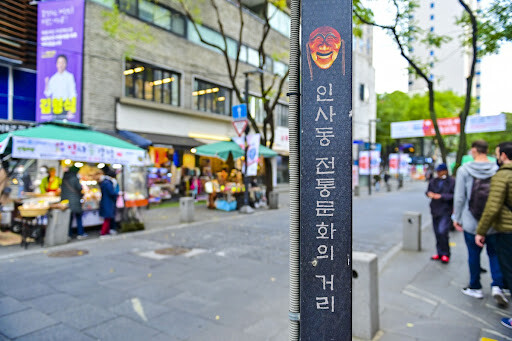
Seoul, South Korea - For decades, Insadong, nestled in the Jongno District of Seoul, has stood as a vibrant emblem of South Korea's rich traditions and cultural heritage. Its narrow alleyways, once bustling with both local and international tourists seeking exquisite Hanji crafts, delicate ceramics, traditional teas, and antique treasures, painted a picturesque scene of Korean artistry. However, as of April 2025, Insadong finds itself grappling with a palpable decline, its former glory overshadowed by the relentless tide of modernization. The gradual closure of establishments steeped in tradition, replaced by contemporary cafes, ubiquitous franchise restaurants, and even businesses entirely detached from Korean heritage, is eroding the very essence of Insadong.
A primary catalyst for the vanishing traditional shops is the stark reality of economic pressures. Soaring rental costs, coupled with shifting patterns in tourist demand, have rendered it increasingly difficult for businesses dealing in traditional crafts and antiques to remain profitable. Mr. Kim (62), who dedicated three decades to selling Hanji paper goods in Insadong, laments, "Younger generations show little interest in traditional items, and the influx of foreign tourists isn't what it used to be. With ever-rising rents and dwindling sales, we simply cannot sustain ourselves." Estimates suggest that the number of traditional shops in Insadong has plummeted by over half in the past decade, starkly illustrating this struggle.
The void left by these departing traditional businesses is swiftly being filled by modern commercial ventures. Global franchise coffee chains, tarot reading cafes, and even nail salons now line Insadong's alleys, creating an atmosphere starkly different from its historical charm. The once-common sight of visitors leisurely enjoying tea in Hanok-style teahouses has largely been replaced by young individuals capturing fleeting moments for social media, often oblivious to the area's cultural significance. Park (20s), a university student visiting Insadong, expressed disappointment, stating, "I was expecting a more traditional feel, but it just feels like any other commercial district, which is quite underwhelming."
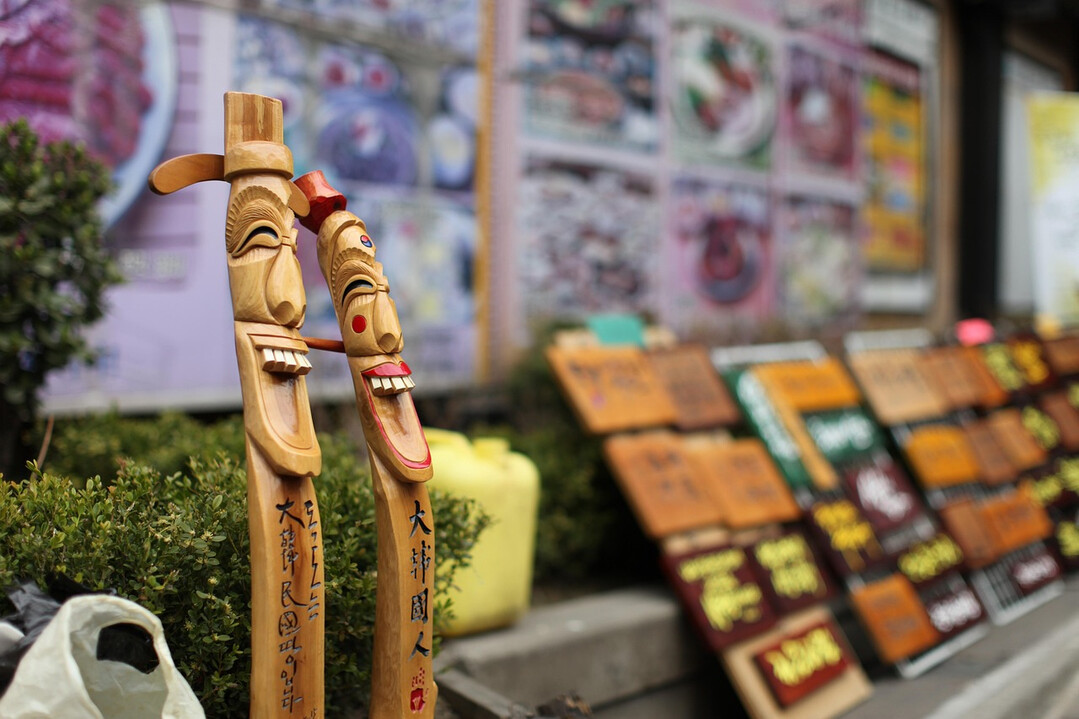
Experts attribute Insadong's decline to evolving tourism trends and the pervasive force of commercialization. Data from the Korea Tourism Organization indicates a growing preference among international visitors for modern attractions such as K-pop experiences, drama filming locations, and shopping-centric activities, often at the expense of traditional cultural immersion. The burgeoning popularity of nearby areas like Ikseon-dong and Seochon, which have successfully blended tradition with contemporary elements, has further diminished Insadong's competitive edge. A representative from the Cultural Heritage Administration cautioned, "The lack of robust policies to safeguard Insadong's traditional value is also a critical issue. If the wave of commercialization remains unchecked, Insadong risks devolving into a mere generic urban area."
Efforts to revitalize Insadong's unique identity are not entirely absent. Jongno District authorities are reportedly considering subsidy programs to support traditional craftspeople and exploring rent control measures. Additionally, some civic groups have initiated campaigns aimed at restoring Insadong's traditional cultural streetscape. However, merchants remain skeptical, with many voicing concerns that these efforts will prove futile without substantial and practical support.
Insadong was more than just a street; it was a living museum of Korean tradition. The current landscape, however, suggests a place precariously clinging to vestiges of its past. As traditional shops continue to disappear, replaced by unfamiliar signs, Insadong increasingly risks fading into a cherished memory rather than a vibrant reality. Whether Insadong can reclaim its former glory or is destined to become a footnote in history remains uncertain. In the spring of 2025, Insadong stands at a critical crossroads, its future hanging in the balance.
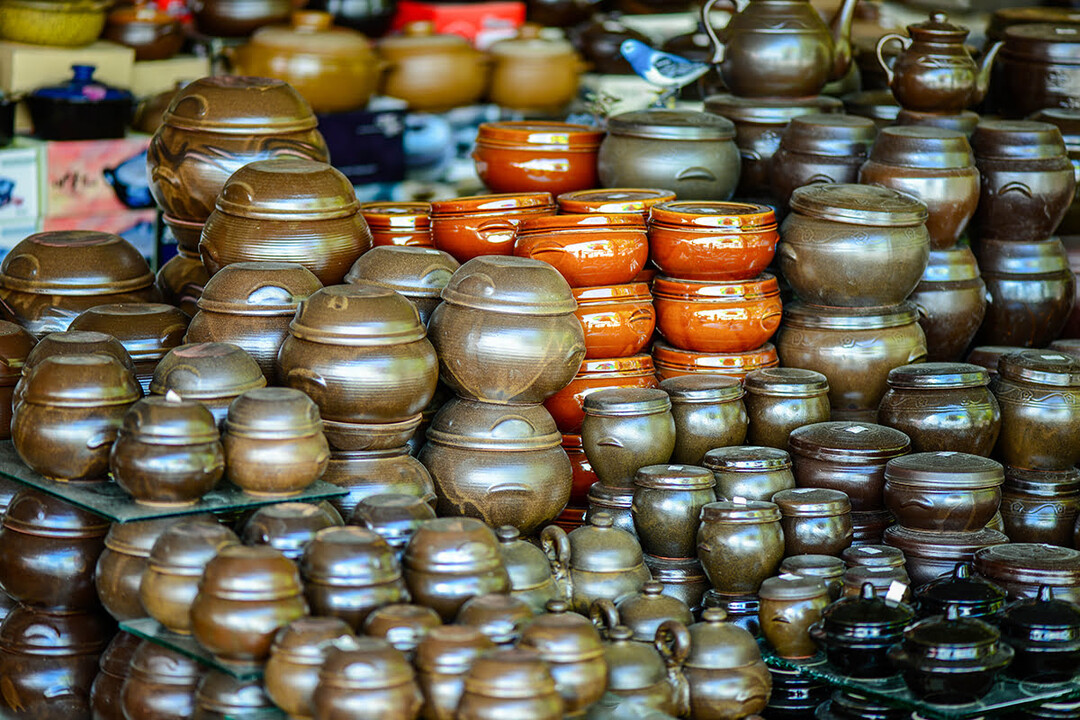
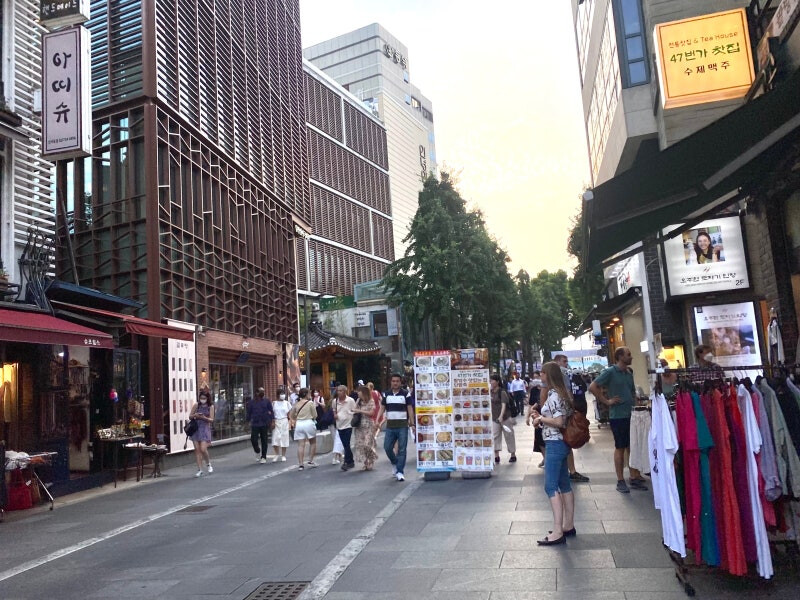
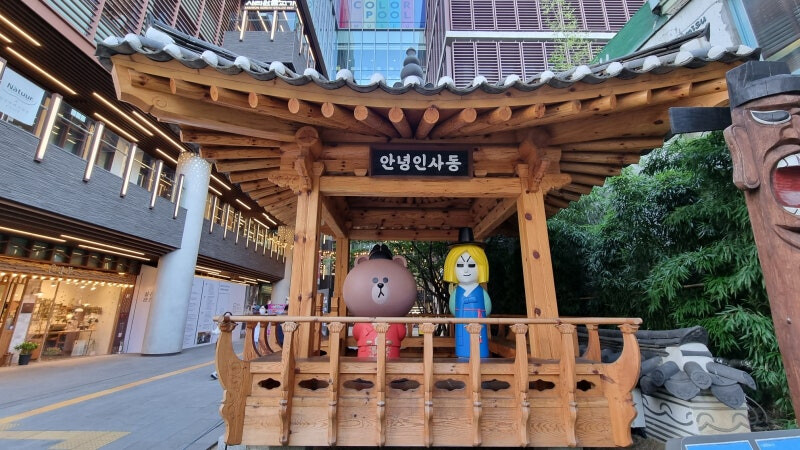
[Copyright (c) Global Economic Times. All Rights Reserved.]






























